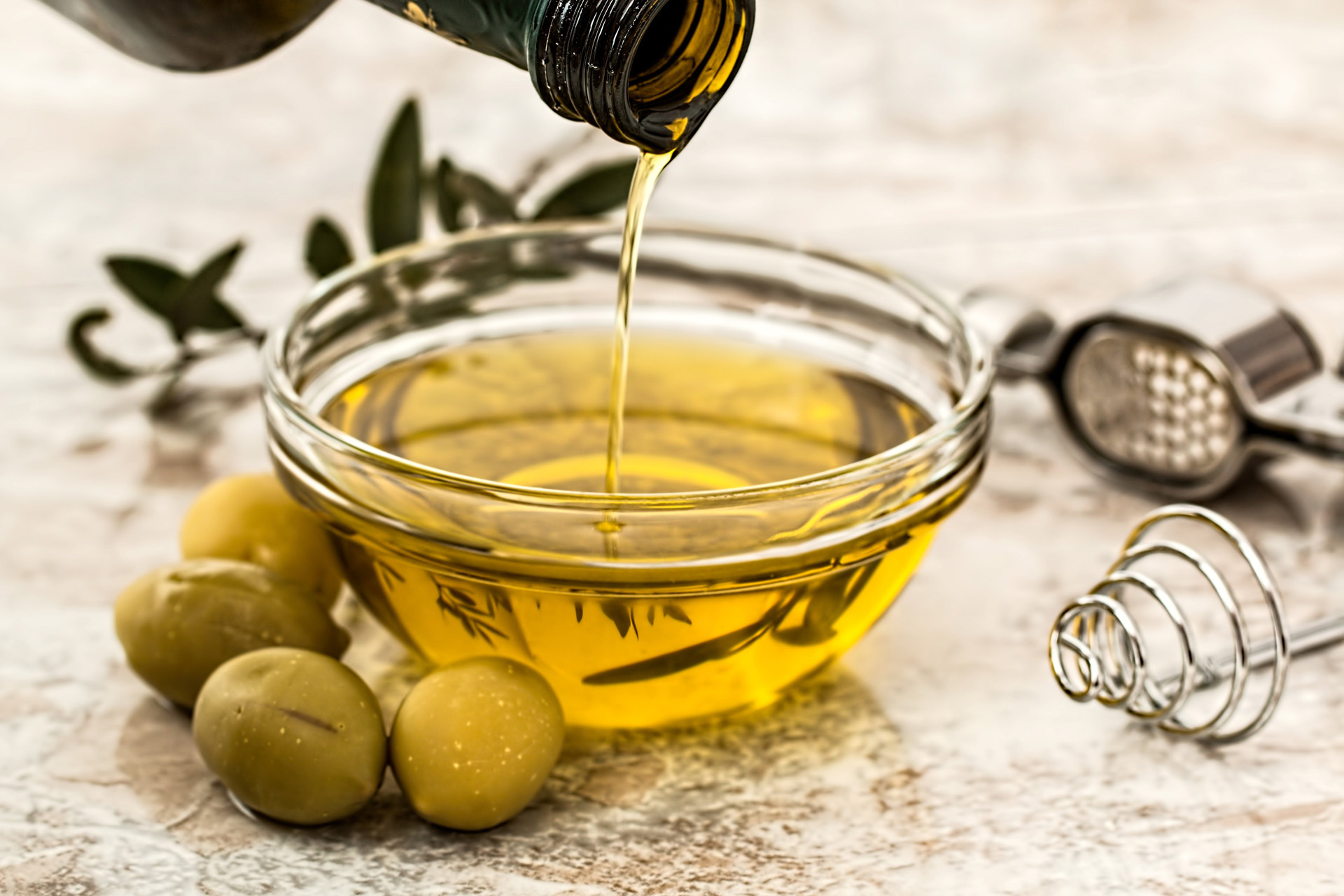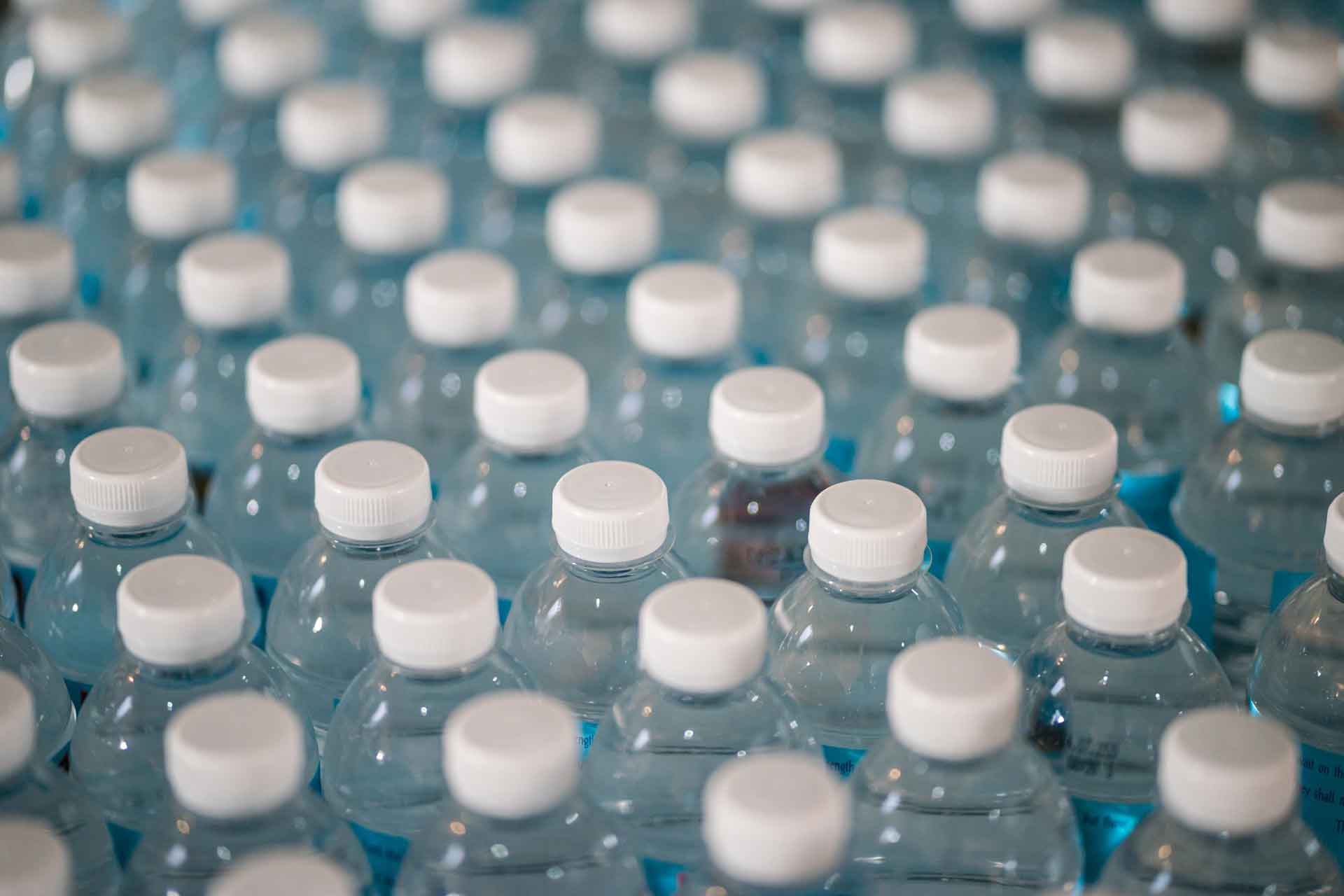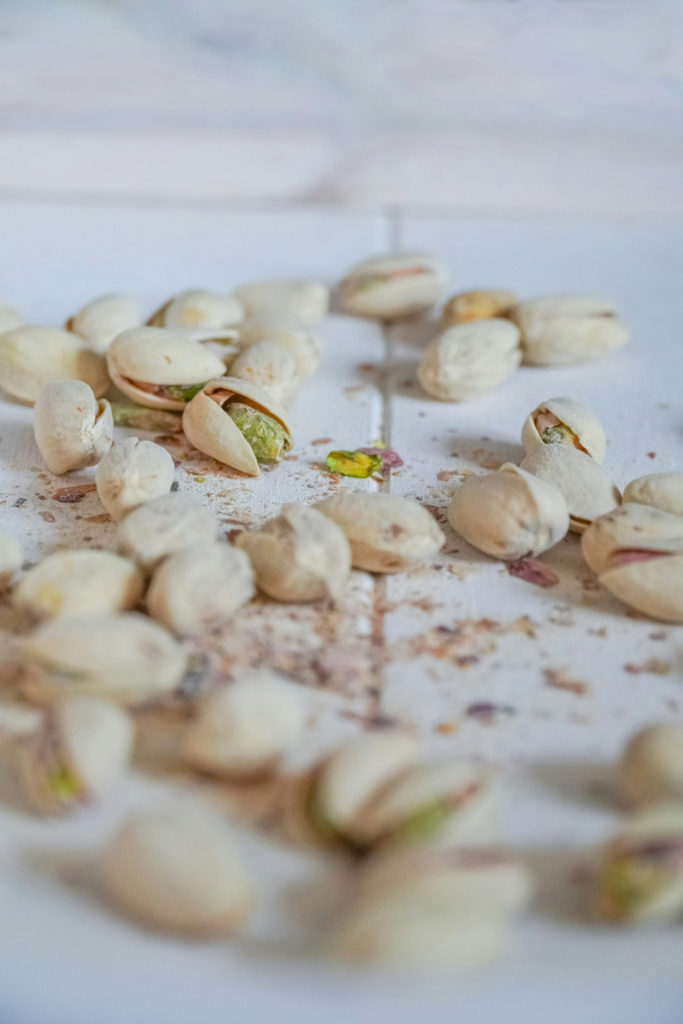
5 Food Staples Predicted To Soar In Price By 2030
By
10 months ago
Your favourite snacks could be under threat
Rising prices are affecting the cost of food across the board – but some products are becoming staggeringly expensive (olive oil, we’re looking at you). And, according to new research, prices will continue to rise dramatically over the next few years as a result of climate change, the pandemic and geopolitical conflicts.
The new report, published by shopping platform BravoVoucher based on previous research using data from the Office for National Statistics, has delved into food price inflation for items between 2019 and 2024. It has used this information to predict prices for 2030, highlighting the foods which are set to be most impacted by rising costs. So which came out tops?
Food Prices: Which Products Will Be The Most Expensive By 2030?

Olive oil
Olive oil has been in the limelight lately as the cupboard staple becomes increasingly unaffordable. According to the latest research, the price has grown by 113.8 percent between 2019 and 2024, coming in at an average price of £8.04 per litre by March 2024. If this trend continues, prices could potentially double by 2030 to a whopping £17.19 per litre. If inflation slows, however, the increase won’t be so dramatic (in this scenario, the report predicts a rise to £9.05 per litre). You can find out more about the reasons behind the surge here.
Baked beans
Your Sunday morning beans on toast is about to get more expensive, according to BravoVoucher. Its research shows the price of baked beans has risen by 70.5 percent over the past five years to £1.04 per tin – and by 2030, this price could grow to £1.77 per tin. Canned, branded goods such as Heinz have been criticised for price hikes lately, which they’re blaming on soaring energy costs and inflation.
Granulated white sugar
The impact of climate change is being felt by sugar producers too, with poor weather conditions damaging crops – particularly in Europe, the world’s leading producer of sugar beet, and Brazil, where sugar cane production is being affected. This is affecting prices of granulated sugar across the world, with BravoVoucher finding the price has risen by 67.6 percent since 2019. It’s predicted that by 2030, sugar could cost approximately £1.99 per kg, if inflation persists, or £1.34 if it is controlled.

(c) Jonathan Chng, Unsplash
Still mineral water
Most of us have made the switch from bottled water to reusable over the past few years. But if you’ve been out for dinner lately and opted for still rather than tap water, you may have noticed bottled water can be hugely pricey nowadays. Prices have seen a 67.7 hike over the last five years, and by 2030 it’s thought prices could rise to £1.74 per bottle. This is apparently down to rising costs for fuel and bottle production.
Plain biscuits
Not our biscuits! The ultimate 4pm snack has also fallen victim to rising prices lately, which is in part down to the UK’s relentlessly wet autumns and winters – last year, many farmers couldn’t sow their fields as planned. Increasing costs for ingredients like sugar and flour are also playing a part, with the latest research predicting a pack of plain biscuits could cost around £2.25 per 200-300g packet by 2030.



